| About |
| The Happiness and Social Well-Being Lab, directed by Dr. Victor Kaufman, is an independent research group affiliated with the UCLA Marriage and Close Relationships Lab. The lab is dedicated to understanding how our closest connections—friendships, family ties, and romantic partnerships—shape happiness and well-being. Whether it’s the joy of a best friend, the strain of an unhappy marriage, or the resilience of thriving single adults, the work of the lab examines the full spectrum of relational experiences and their implications for well-being. The research conducted in the lab combines rigorous methods and advanced analytics with real-world relevance to explore not just whether relationships matter—but how, when, and for whom they do. |
| People | |
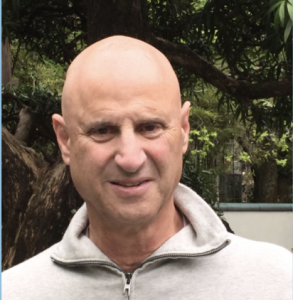 |
VICTOR KAUFMAN (he/him) is the Director of the Happiness & Social Well-Being Lab. He is a Research Scientist in the UCLA Marriage and Close Relationships Lab and earned his M.A. in Psychology from Pepperdine University and his Ph.D. in Social Psychology from UCLA. His research focuses on how close relationships—such as those with romantic partners, friends, and family—shape and support emotional well-being. |
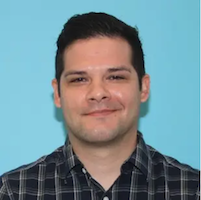 |
ANTHONY RODRIGUEZ (he/him) is a Senior Behavioral Scientist at RAND. His research focuses on psychometrics and advanced statistical methodologies, including the application of latent variable models such as SEM, EFA/CFA, IRT, growth models (LGM), and mixture modeling (LCA/LPA/LTA/GMM). Anthony earned his Ph.D. in Quantitative Psychology from UCLA. See more here. |
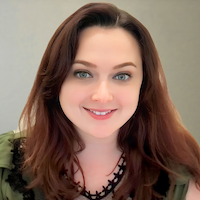 |
LISA WALSH (she/her) is an Assistant Professor of Psychology at Nanyang Technological University in Singapore. Her research explores the who, what, where, when, why, and how of happiness, with a focus on understanding the social and relational factors that influence well-being. She earned her Ph.D. in Social/Personality Psychology from the University of California, Riverside. See more here. |
 |
HASAGANI TISSERA (she/her) is a Postdoctoral Researcher at Summit View Research Foundation. She earned her Ph.D. in Psychology from McGill University. Her research explores how people perceive others and how they believe they are perceived in return (i.e., metaperceptions), with a particular interest in the accuracy and bias of these perceptions and their impact on social connection and well-being. See more here. |
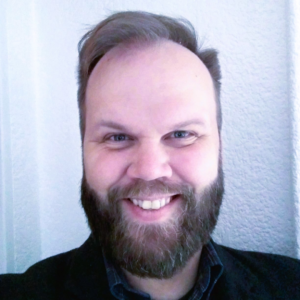 |
CALEN HORTON (he/him) is a researcher, writer, and founder of the Arkoda Research Group. A passionate traveler and long-time Alaskan, his work examines how emotions like awe, anger, and fear shape leadership, relationships, academic success, and well-being. He also writes for the popular press on psychology, technology, environmental activism, and history. He holds a Ph.D. in Social/Personality Psychology from the University of California, Riverside. |
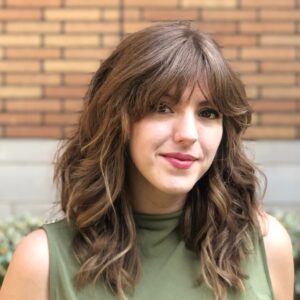 |
ANNIE REGAN (she/her) is a UX Researcher at Google with a Ph.D. in Social/Personality Psychology from the University of California, Riverside. Her research bridges psychological science and user experience, with a focus on how everyday social behaviors—such as expressing gratitude and engaging in kindness—impact well-being, social connection, and emotional functioning. |
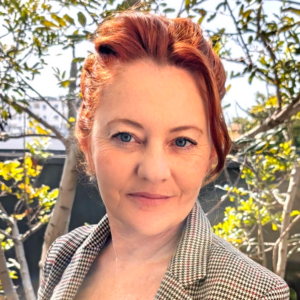 |
SARAH KNAPP-LOKER (she/her) is a Visiting Assistant Professor at Loyola Marymount University with a Ph.D. in Social/Personality Psychology from the University of California, Riverside. Her research focuses on emotional well-being and motivation, with a particular interest in how people regulate their emotions and interact socially in different cultural contexts and life domains. Sarah has expertise in mixed-methods research, including the collection and analysis of thematic content and psychophysiological data (EKG). |
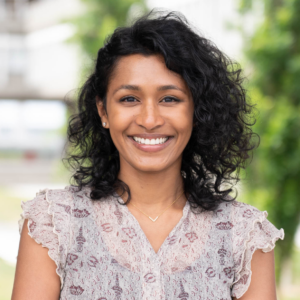 |
YUTHIKA U. GIRME (she/her) is an Associate Professor and the Director of the S.E.C.U.R.E. Laboratory in the Department of Psychology at Simon Fraser University. Dr. Girme is a leading expert on singlehood and relationship science, with a focus on social support, attachment insecurities, emotion regulation and social stigma. See more here. |
 |
SARAH D. PRESSMAN (she/her) is a Professor of Psychological Science and Associate Dean of Undergraduate Education at the University of California, Irvine. She received her BSc from Mount Allison University and her MS/PhD from Carnegie Mellon University, with postdoctoral training at the University of Pittsburgh. Her award-winning research examines how positive psychosocial factors “get under the skin” to influence health and buffer stress through physiological and behavioral pathways (e.g., cardiovascular function, immune health, smiling). Her work has 10,000+ citations (h-index 34) and has appeared in outlets like the New York Times and CNN. Her new APA book is called More Activities for Teaching Positive Psychology. |
| Selected Publications |
| Regan, A., Walsh, L. C., Horton, C., Rodriguez, A., & Kaufman, V. A. (2025). Contextualizing marital dissatisfaction: Examining profiles of discordant spouses across life domains. Frontiers in Psychology, 16. https://doi.org/10.3389/fpsyg.2025.1458129
Horton, C. J., Walsh, L. C., Rodriguez, A., Kaufman, V. A. (2024). The diversity of well-being indicators: A latent profile analysis. Frontiers in Psychology, 15. https://doi.org/10.3389/fpsyg.2024.1304074 Walsh, L. C., Horton, C., Kaufman, R., Rodriguez, A., & Kaufman, V. A. (2024). Heterogeneity in happiness: A latent profile analysis of single emerging adults. PLOS ONE, 19(10), e0310196. https://doi.org/10.1371/journal.pone.0310196 Walsh, L. C., Horton, C., & Rodriguez, A., Kaufman, V. A. (2023). Happily ever after for coupled and single adults: A comparative study using latent profile analysis. Journal of Social and Personal Relationships, 40(12), 3955-3982. https://doi.org/10.1177/02654075231197728 Walsh, L. C., & Kaufman, V. A., (2023). Breaking stereotypes: What makes single people happy? Society for Personality and Social Psychology (SPSP) Character & Context Blog. https://spsp.org/news/character-and-context-blog/walsh-kaufman-single-people-happiness-stereotypes Kaufman, V. A., Horton, C. J., Walsh, L. C., & Rodriguez, A. (2022). The unity of well-being: An inquiry into the factor structure of subjective well-being using the bifactor model. International Journal of Applied Positive Psychology, 7, 461-486. https://doi.org/10.1007/s41042-022-00077-z Kaufman, V. A., Rodriguez, A., Walsh, L. C., Shafranske, E., & Harrell, S. P. (2022). Unique ways in which the quality of friendships matter for life satisfaction. Journal of Happiness Studies, 23, 2563-2580. https://doi.org/10.1007/s10902-022-00502-9 Walsh, L. C., Gonzales, A., Shen, L., Rodriguez, A., & Kaufman, V. A. (2022). Expanding relationship science to unpartnered singles: What predicts life satisfaction? Frontiers in Psychology, 13: 904848. https://doi.org/10.3389/fpsyg.2022.904848 Kaufman, V. A., Perez, J. C., Reise, S. P., Brabury, T. N., & Karney, B. R. (2021). Friendship network satisfaction: A multifaceted construct scored as a unidimensional scale. Journal of Social and Personal Relationships, 39(2), 325–346. https://doi.org/10.1177/02654075211025639 |
For more information, please contact happinessandsocialwellbeinglab@gmail.com

